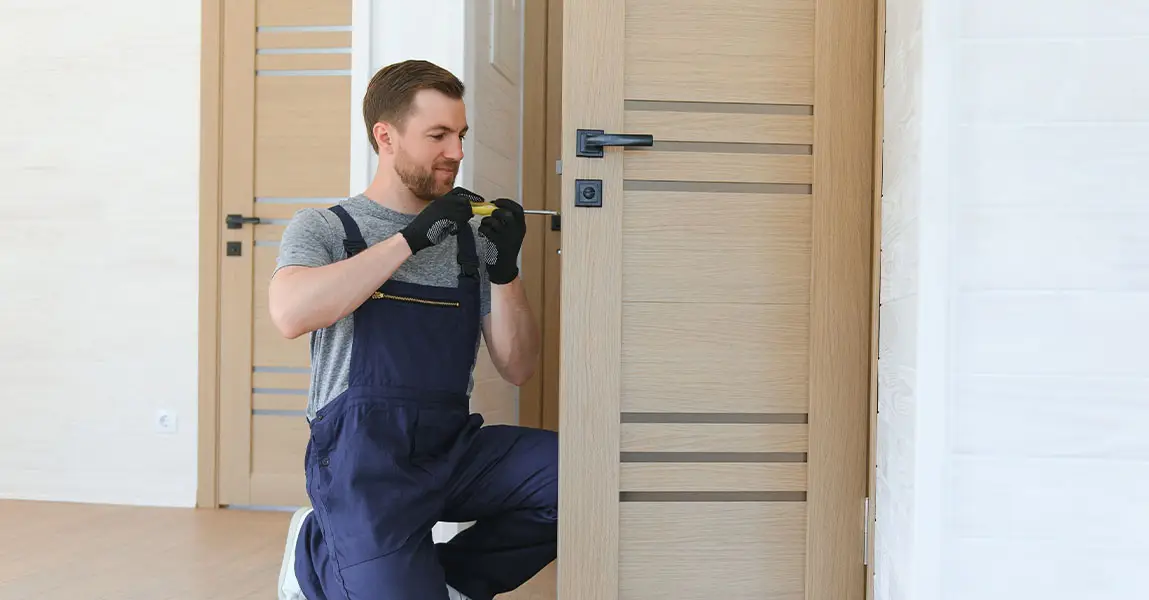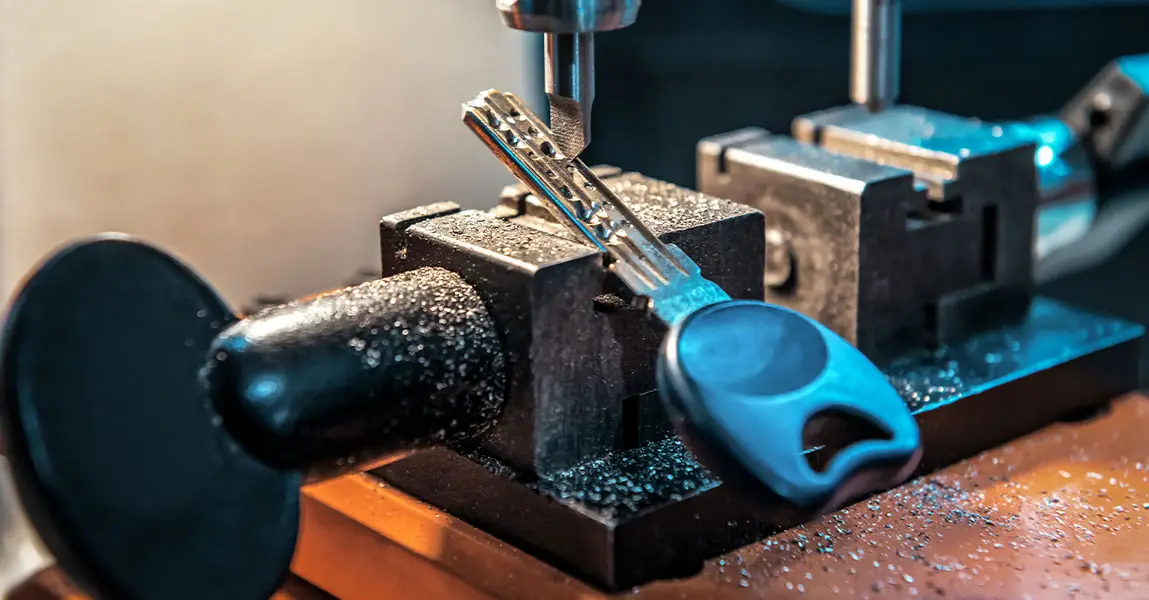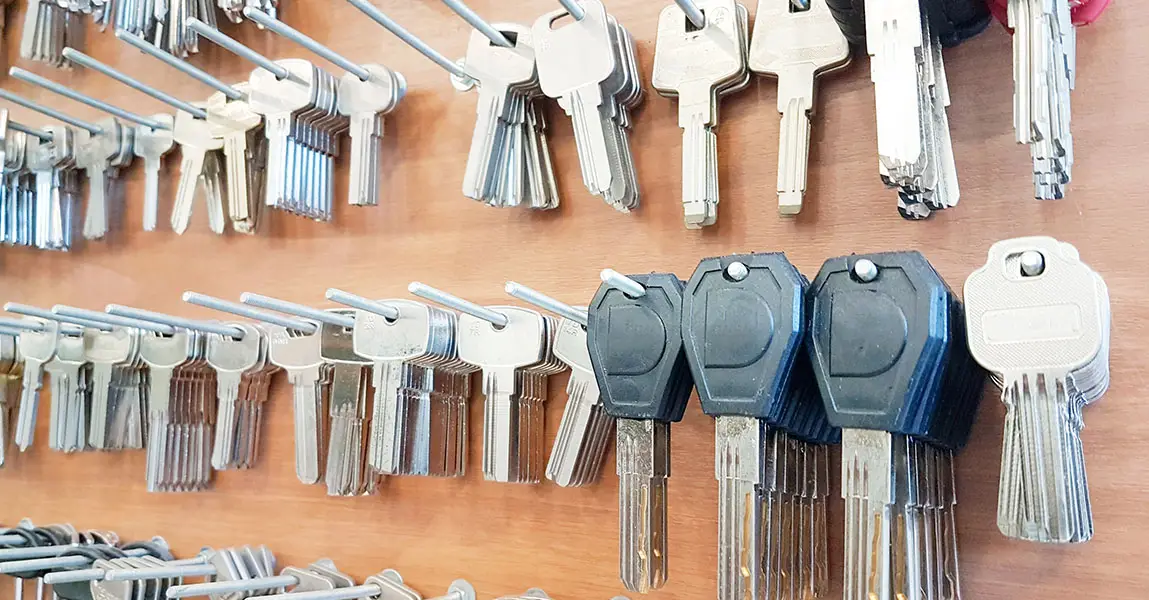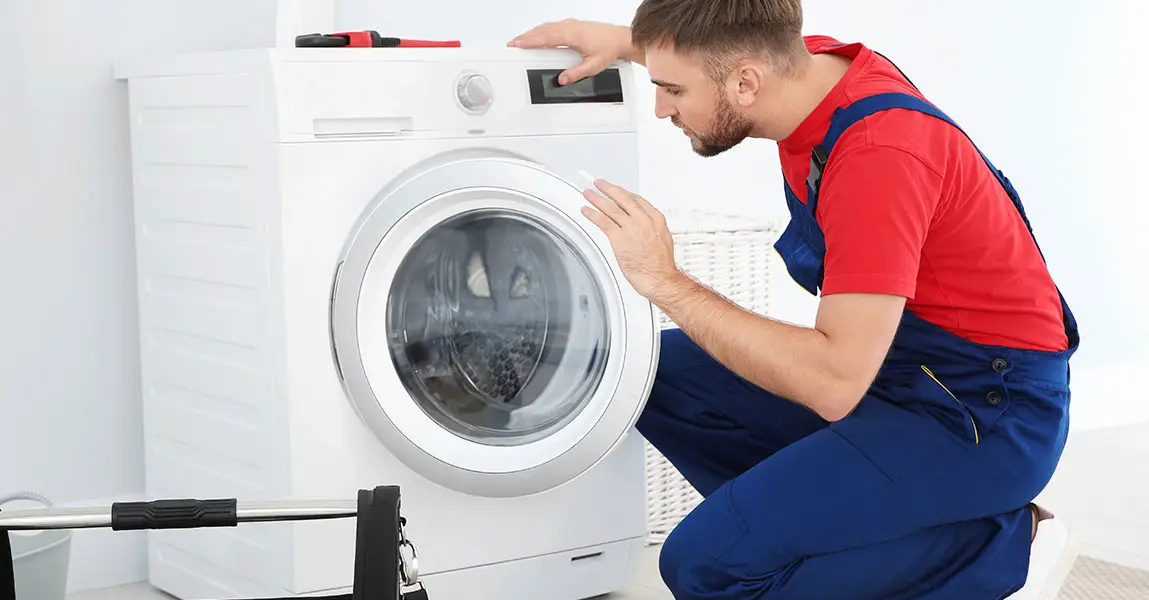Modern vehicles rely on technology for almost everything, including the keys we use every day. Years ago, replacing a lost key meant getting a simple copy made at a hardware store. Today, things are different. Car keys now contain microchips, transponders, and digital codes that communicate directly with the vehicle’s computer. Understanding how this technology works helps us see why professional programming is no longer optional but essential for security, reliability, and convenience.
Understanding How Modern Car Keys Work
Modern car keys are no longer simple pieces of metal. Inside every key or fob, there’s a tiny electronic chip programmed to match a specific vehicle. This chip sends an encrypted signal to the car’s immobilizer system. When the code matches, the car starts. If it doesn’t, the vehicle remains locked or refuses to start altogether.
This setup protects against theft and ensures that only authorized keys can operate the car. However, that also means replacing or duplicating a key involves more than cutting a piece of metal. It requires specialized diagnostic equipment, secure access to manufacturer codes, and the technical skill to program both the key and the vehicle’s system. That’s where an experienced automotive locksmith becomes essential.
Why Professional Programming Matters
Programming a car key might sound simple, but it’s a precise process that links the new key to the car’s onboard computer. Without professional help, several things can go wrong. Incorrect programming can disable the immobilizer, lock out all working keys, or even damage the car’s electrical system.
We have seen many drivers try to use inexpensive key programmers they found online. Unfortunately, these tools often lack compatibility with newer systems and may fail to access manufacturer security data. Professional locksmiths use authorized software and diagnostic tools designed to communicate safely with your vehicle’s computer. This ensures accurate synchronization and prevents potential security issues later.
The Growing Complexity of Vehicle Security
Automotive technology continues to evolve rapidly. Today’s vehicles often use smart keys, proximity sensors, or keyless entry systems that interact wirelessly with the car. These systems rely on complex encryption to prevent signal interception or cloning.
Each car model and year can use a different coding protocol, and manufacturers often update these protocols regularly. Because of this, programming a key requires not only the right tools but also updated software and ongoing technical knowledge. Professionals stay current with these changes and understand how to safely handle programming for a wide range of vehicles.
For example, newer models often require pairing through secure manufacturer databases. Only certified locksmiths and authorized technicians can access those systems legally. Attempting to bypass them can cause lockouts or void warranties.
Common Mistakes When Trying to Program Keys Yourself
Many people assume that programming a key fob is as simple as following a few online steps. While older vehicles may allow manual pairing, most modern cars use encrypted communication channels. Here are a few common issues we’ve seen when drivers attempt self-programming:
- Incorrect Equipment – Generic programming devices often fail to connect with the car’s system or corrupt the data exchange.
- Lost Communication with ECU – Improper attempts can interrupt the car’s main computer, causing starting failures.
- Security Lockouts – Some systems lock after several failed programming tries, requiring a reset by a professional.
- Unrecognized Keys – Even if the key is cut perfectly, it won’t start the car without proper synchronization.
These problems often lead to extra costs because the vehicle must be reset before programming a new key. Professional locksmiths avoid these mistakes by using specialized software that safely integrates the new key without disrupting existing codes.
Why Every Vehicle Needs Unique Programming
Every vehicle uses a unique identification system to prevent theft. When a new key is programmed, it receives a code stored in both the key and the car’s immobilizer memory. This one-to-one link is what makes it impossible for unauthorized keys to start the car.
If someone tries to copy or clone the key without proper authorization, the system recognizes it as invalid. This security layer only works when programming follows manufacturer standards. Professional locksmiths have the right tools to ensure that every key communicates correctly with the system, preserving safety and reliability.
Moreover, newer vehicles often store user settings like seat position, climate control, or mirror adjustments inside the key’s chip. When programmed properly, those settings transfer automatically each time you use the key. That’s one of the subtle benefits that drivers don’t notice until something stops working after a faulty DIY attempt.
The Right Tools for the Job
Professional automotive locksmiths rely on advanced diagnostic and programming devices that communicate directly with vehicle systems. These tools are updated constantly to support new makes and models. Unlike consumer-grade devices, they provide secure access to vehicle data while maintaining system integrity.
For example, professional programmers can safely extract immobilizer codes, pair new keys, reset existing ones, and verify that all components communicate properly. They can also handle tasks like reprogramming remote start features, repairing transponder errors, or replacing damaged key modules. This equipment often costs thousands of dollars and requires training to use effectively.
That investment is part of what ensures accuracy, security, and peace of mind. As a result, programming done by a qualified locksmith is not only faster but also safer for the vehicle’s internal electronics.
When to Seek Professional Key Programming
There are several scenarios where professional key programming becomes necessary. You might need it if you’ve lost all keys, bought a used vehicle without spares, or replaced the ignition module. Modern security systems often require reprogramming anytime a new component is installed.
Another common case involves transponder errors. Sometimes, the chip inside the key can become demagnetized or corrupted after exposure to moisture or strong electromagnetic fields. Reprogramming can restore communication between the key and the car.
Also, if you experience intermittent starting problems or “key not detected” warnings, it could indicate a synchronization issue. In these situations, a professional locksmith can diagnose and reprogram the key on-site, often saving the cost and delay of a dealership visit.
Comparing Dealerships and Locksmiths
Many people assume that only dealerships can program car keys, but that’s no longer true. Certified locksmiths have access to the same databases and tools needed for key programming. The difference lies in convenience.
Dealerships usually require appointments and may need to order parts from central warehouses. Professional locksmiths, however, often provide mobile services that bring the necessary equipment directly to you. That means you can have a new key programmed on the spot, whether you’re at home, work, or stranded in a parking lot.
Additionally, locksmiths specialize in understanding various locking systems beyond just keys. They can handle lockouts, rekeying, and ignition repairs in the same visit. This flexibility saves time and ensures that the entire locking system functions correctly after the new key is programmed.
Protecting Your Car’s Security System
Vehicle manufacturers use complex encryption for a reason. These layers prevent theft and unauthorized access, but they also make the system sensitive to tampering. If programming isn’t done correctly, the car might lose connection with legitimate keys or become more vulnerable to hacking.
Professional locksmiths protect these systems by following proper protocols. They verify the vehicle’s ownership, use encrypted communication channels, and store programming records securely. This ensures that your new key is both functional and safe from duplication by unauthorized parties.
In addition, they can check for firmware updates in your vehicle’s immobilizer or security system, which can prevent issues like false alarms or weak signal detection. Regular maintenance of your key and transponder system helps prevent sudden failures that might leave you stranded.
A Professional Touch Makes a Difference
Professional programming isn’t just about getting the car to start. It’s about ensuring every part of the security system works as intended. From verifying the transponder chip to confirming that remote functions operate correctly, professional locksmiths perform multiple checks before finishing the job.
They also provide helpful advice about storing and maintaining your keys. For example, keeping your fob away from extreme temperatures or avoiding water exposure can extend its lifespan. Carrying a spare key that’s already programmed can also save time and stress during emergencies.
If you ever find yourself needing expert help, you can reach out to a trusted automotive locksmith for accurate and safe key programming. For quick service or questions about your specific vehicle, don’t hesitate to contact us.
FAQs
1. Can I program a car key myself at home?
Some older vehicles allow manual programming, but most modern ones require specialized tools and secure database access. Professional help ensures accuracy and prevents security issues.
2. Why does my new key fob stop working after a few days?
It might not have been programmed correctly, or the battery could be weak. A locksmith can test the chip and reprogram the key if needed.
3. Do I need to reprogram all keys if I lose one?
Not always. In many cases, a locksmith can disable the lost key and program a replacement without affecting your existing ones.
4. Is programming a key the same as cutting one?
No. Cutting shapes the physical key, while programming links it digitally to the car’s computer. Both steps are essential for modern keys.
5. How long does professional key programming take?
Most programming jobs take less than an hour. The exact time depends on the vehicle’s make, model, and type of key system.











